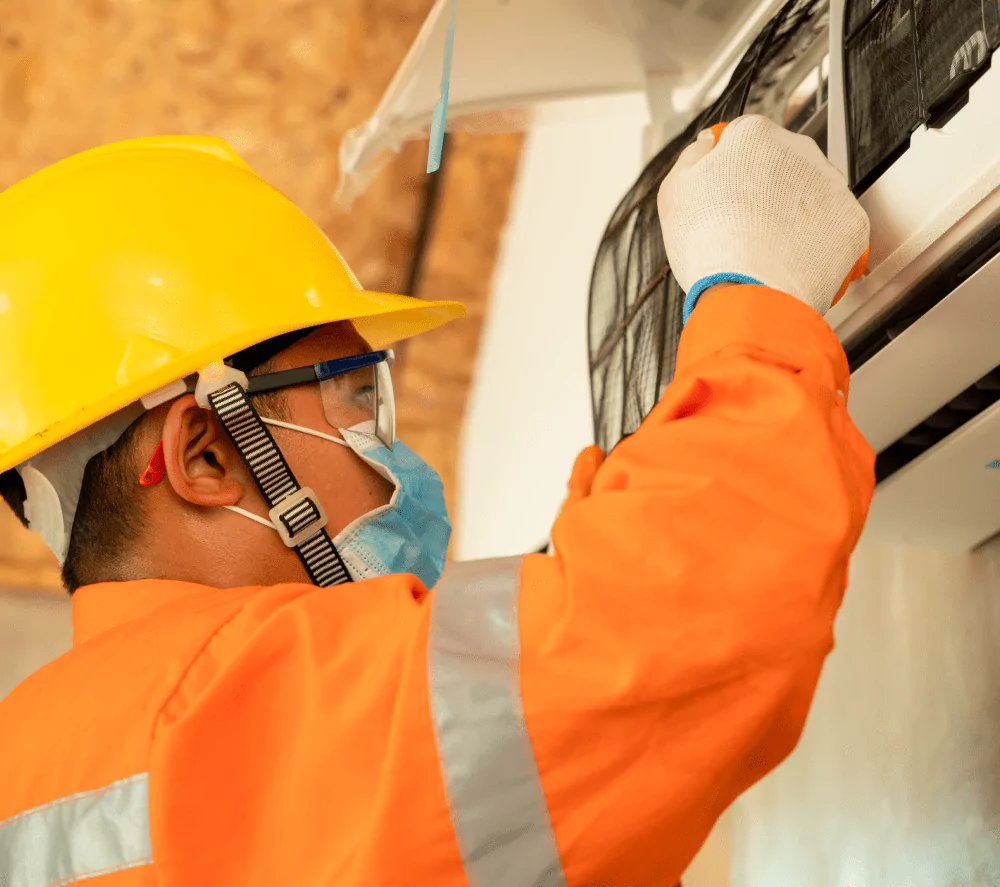
In the hot and humid climate of Florida, a malfunctioning air conditioner can quickly turn from a minor inconvenience into a major emergency. To avoid the stress and cost associated with emergency AC repairs, it’s essential to take proactive steps to maintain your system. Here are practical strategies to help prevent unexpected breakdowns and keep your AC running smoothly throughout the year.
Schedule Regular Maintenance
Routine maintenance is crucial for the long-term health of your air conditioning system. Have a professional HVAC technician inspect and service your AC unit at least once a year, ideally before the peak cooling season begins. Regular maintenance includes tasks such as cleaning the coils, checking refrigerant levels, and inspecting electrical components. This helps catch potential issues before they become serious problems.
Change Air Filters Frequently
Dirty or clogged air filters can restrict airflow, causing your AC system to work harder and potentially leading to breakdowns. Check your filters every 1-3 months and replace them as needed. In high-use periods, such as during Florida’s hot summer months, you may need to replace filters more frequently.
Keep the Outdoor Unit Clean
The outdoor condenser unit is exposed to the elements and can accumulate dirt, leaves, and debris that obstruct airflow. Regularly clear the area around the unit and gently clean the fins with a garden hose. Ensure that there are no obstructions within a few feet of the unit to allow for proper airflow.
Monitor Thermostat Settings
An improperly calibrated thermostat can cause your AC system to run inefficiently. Check that your thermostat is set to the correct temperature and mode. Consider upgrading to a smart thermostat that can optimize your system’s performance and alert you to any irregularities.
Inspect and Seal Ductwork
Leaky or damaged ductwork can lead to poor system performance and increased energy costs. Inspect your ducts for visible signs of damage or disconnection and seal minor leaks with duct tape or mastic sealant. For extensive ductwork issues, consult a professional.
Check and Clean the Condensate Drain
The condensate drain helps remove moisture from the air. If it becomes clogged, it can cause water damage and other issues. Regularly check the drain and use a wet/dry vacuum to remove any blockages. Ensure that the drain is functioning correctly to prevent water buildup.
Ensure Proper Insulation
Proper insulation in your home can reduce the workload on your AC system. Make sure your home is well-insulated to keep cool air inside and hot air outside. Check insulation in walls, attics, and around ducts to maintain optimal indoor temperatures.
Address Small Issues Promptly
If you notice any unusual noises, reduced cooling performance, or other signs of trouble, address them promptly. Small issues can often be resolved with minor repairs or adjustments. Ignoring these signs can lead to more significant problems that may require emergency repairs.
Invest in a Surge Protector
Power surges can damage your AC system and lead to costly repairs. Installing a surge protector can help safeguard your equipment from electrical fluctuations and protect your investment.
Conclusion
Preventing emergency AC repairs involves a combination of regular maintenance, timely attention to minor issues, and proactive measures to ensure your system operates efficiently. By following these strategies, you can minimize the risk of unexpected breakdowns and enjoy reliable cooling throughout the year.
For professional assistance with maintenance or repairs, contact a trusted HVAC expert in Florida. They can provide comprehensive services to keep your AC system in top condition and address any issues before they escalate.